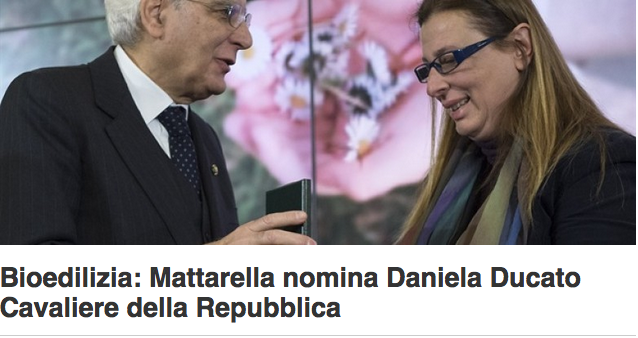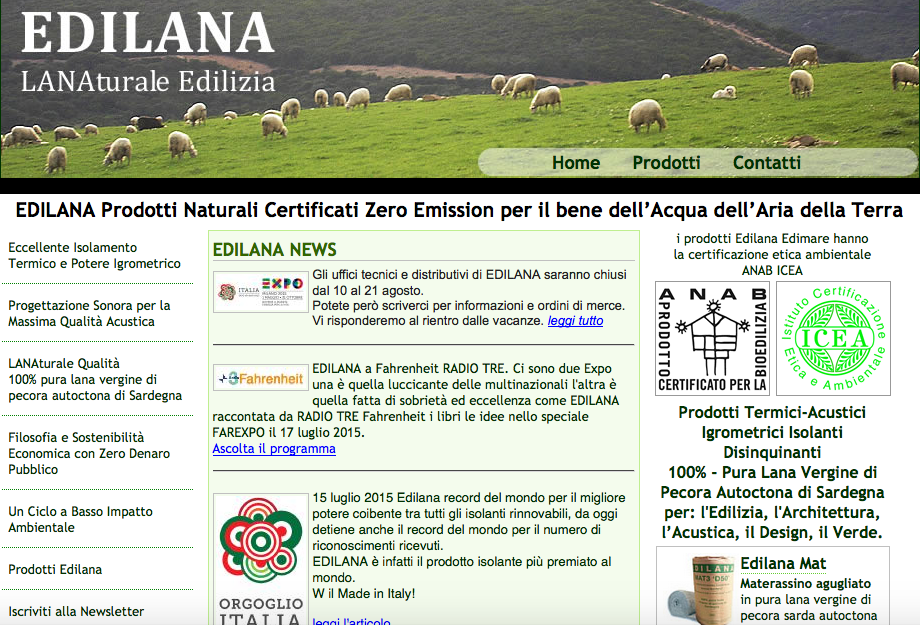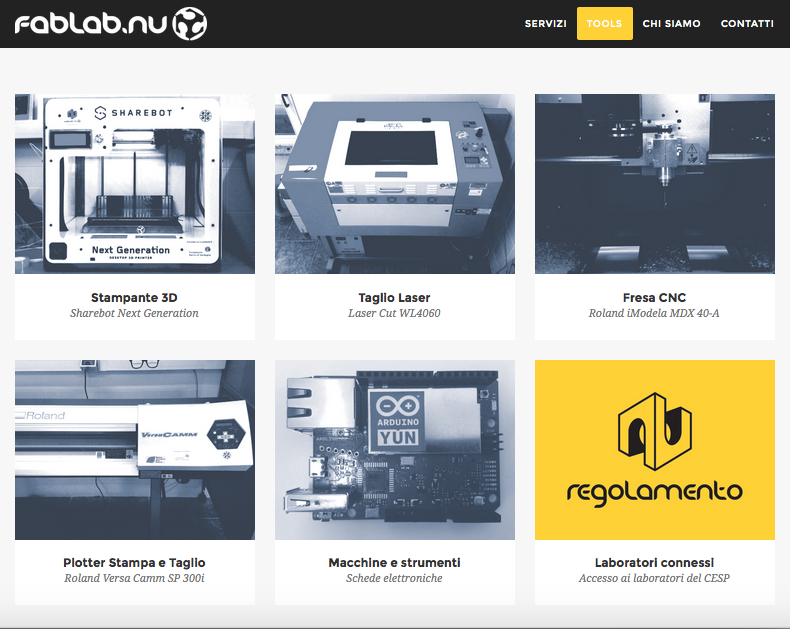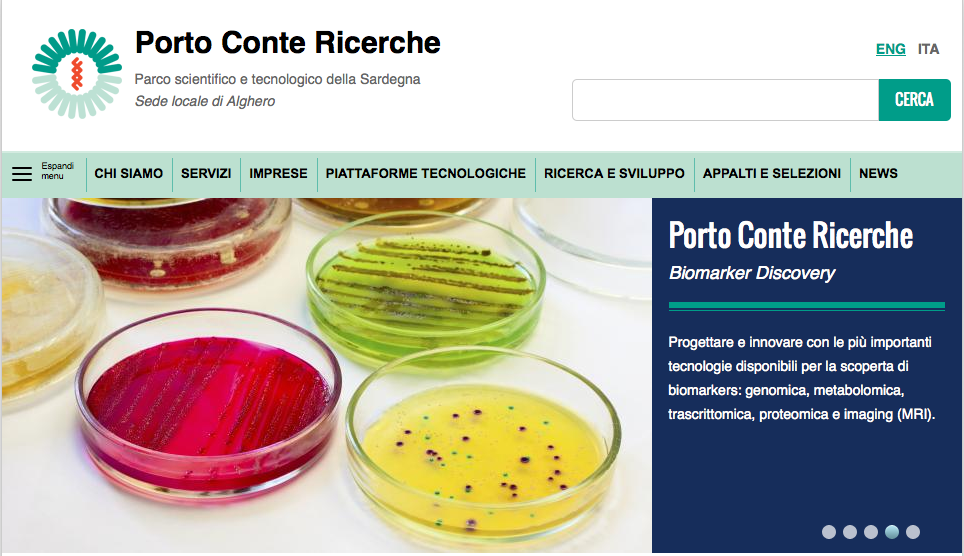Sardinia, in the middle of the Mediterranean sea, is bustling with ideas and passion when it comes to digital innovation. From social and sustainable innovations to the sharing economy, digital school or high-tech medicine, it is worth taking a deeper look at what is going on there and connecting with its players.
I’ve had the opportunity and pleasure to interview 5 of its players in a series dedicated to Digital Innovation in Sardinia.
In this interview, we meet Monica Mureddu, founder of Sardinia Innovation, a website dedicated to sharing innovation initiatives taking place on the island, with a strong focus on social and sustainable innovations.
The interview is available in video format below or on YouTube and the full text transcript, translated in English, is below.
Youmna Ovazza: Hello, I am today in Sardinia, near Cagliari, with Monica Mureddu, from the Sardinia Innovation website – Hello Monica – and we’re going to discuss togeter digital innovation and digital transformation in Sardinia. In 2 words, contrary to the image everybody may have of Sardinia as a paradise for luxury tourism or ecological agriculture, there are also lots of innovations taking place here, many in the digital space, sometimes with few means but a lot of inventiveness, and we’re going to discover all that today together with Monica.
Monica Mureddu: Thanks a lot !
YO: So Monica, to start with, I will maybe let you present yourself and present Sardinia Innovation?
MM: Yes, ok, Sardinia Innovation is a magazine on innovation in Sardinia. It is a magazine I created in 2010 in Barcelona, I started meeting all the people in Sardinia who work in the new economy, so I talk about all this new reality of Sardinia.
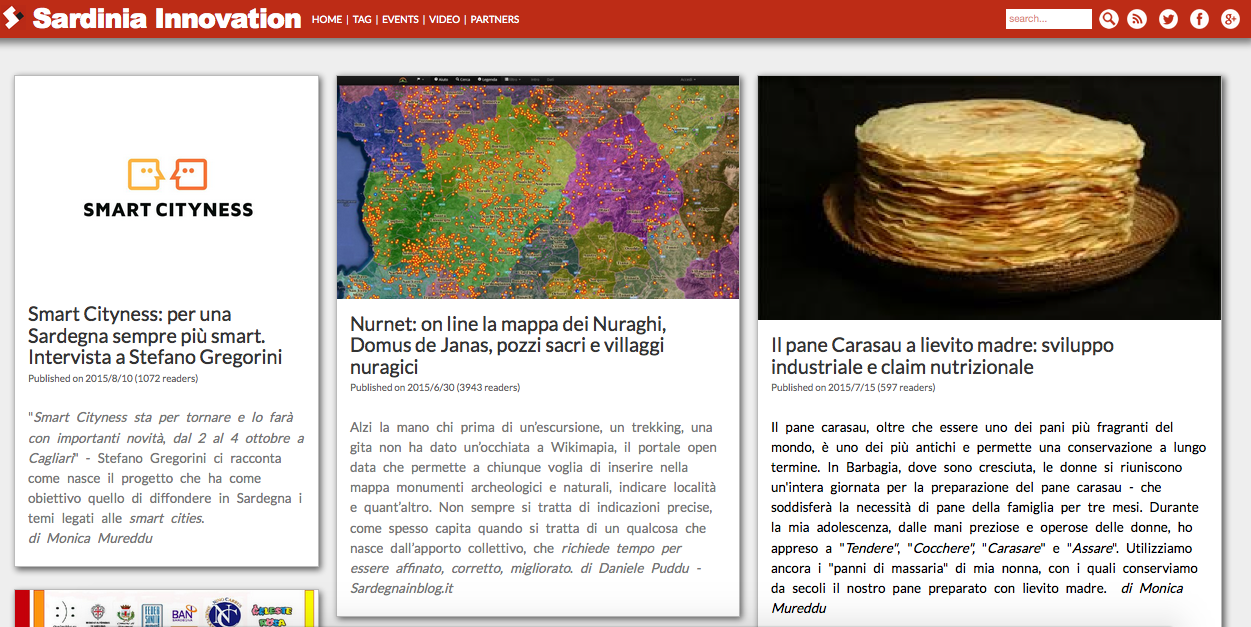 There are companies working in technology and social innovation, or in smart tourism, or in mobility, or in technologies applied to agriculture… a whole innovation ecosystem in Sardinia.
There are companies working in technology and social innovation, or in smart tourism, or in mobility, or in technologies applied to agriculture… a whole innovation ecosystem in Sardinia.
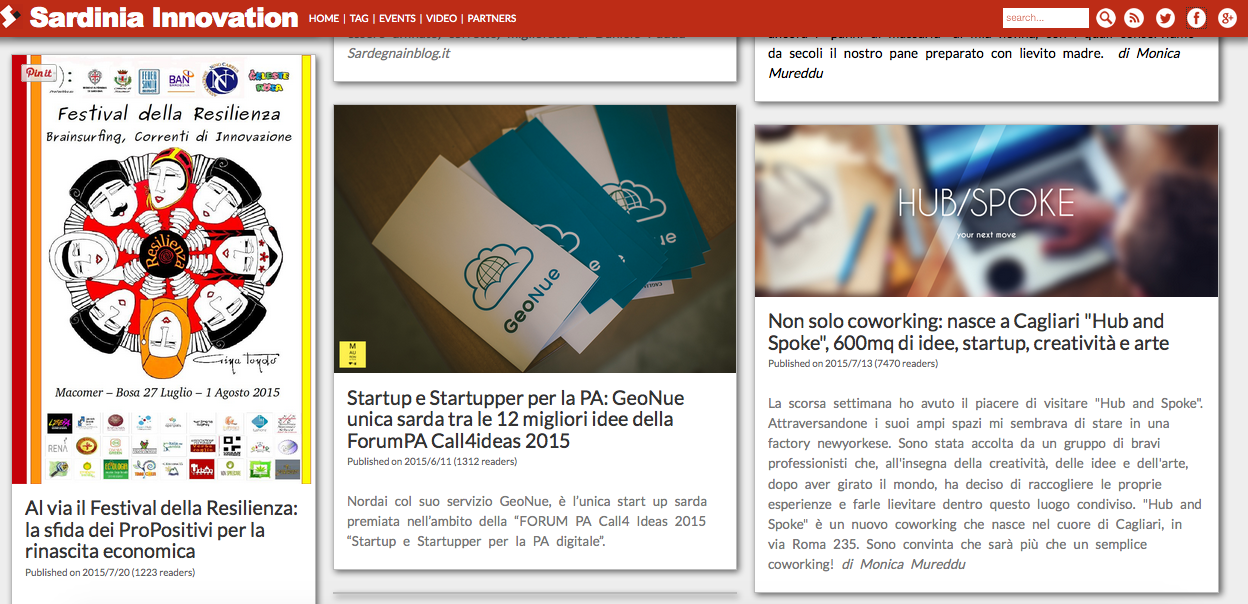 I discovered a world that is very vast, because Sardinia is a small island in the center of the Mediterranean, but there are a lot of youngsters and entrepreneurs that have started uncovering the potentialities of technology and of the new economy for social innovation and to have a better and healthier world.
I discovered a world that is very vast, because Sardinia is a small island in the center of the Mediterranean, but there are a lot of youngsters and entrepreneurs that have started uncovering the potentialities of technology and of the new economy for social innovation and to have a better and healthier world.
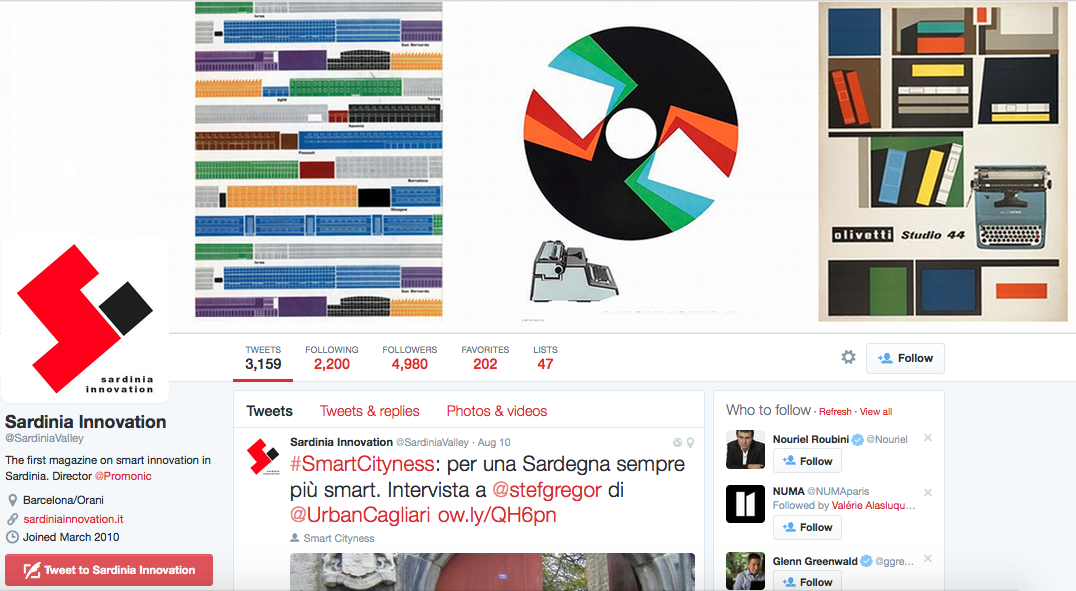 YO: When I say « digital innovation », what comes spontaneously to your mind?
YO: When I say « digital innovation », what comes spontaneously to your mind?
MM: Digital innovation, for me, is technology facilitating the life of people, or their work, or their mobility, or something. When technology can give humans an easier life. And digital innovation is also very important to get to know everybody, and mainly the right people, and the right projects. Because I think that nowadays, with digital innovation, we have no limits and frontiers anymore, no more divisions between Italy and France…
We are not limited anymore like we were in the past. Thus, this is a great opportunity, because thanks to digital innovation I can connect to you directly, I can meet you, I can speak with you from France or from New York, we can work together, we can work on the same international projects, so this is a great opportunity, together with the freedom of working wherever you are, no more geographical limitations.
YO: What types of initiatives around digital innovation are currently taking place in Sardinia that you can talk to us about?
MM: Sardinia is a very particular island because it has around 1.5 million inhabitants, the territory is very small so the application of innovation is easier, it is easier to experiment and test new projects. And Sardinia lives from tourism, from agriculture, from traditional crafts, and you can find here things that no longer exist elsewhere, like nature, good food, good lands, a nice sea…
YO: It is very environmentally-friendly indeed.
MM: It is. We also have industries, but we have maintained an environmental ecosystem that is very healthy, that innovation must help us to keep maintaining while offering opportunities to develop more sustainable tourism, agriculture, transportation systems (the island is very small, we don’t use cars that much). Sardinia is now starting to discover these new opportunities.
YO: Can you illustrate with a few examples by industry, for example in agriculture, are there specific applications linked to digital innovation?
MM: Yes, for example, in the wine industry, there is a company from Sassari / Alghero named Primo Principio that through wifi can control the vineyards situation, condition, temperatures, and monitor all key indicators that can affect the vineyards (weather, insects, …).
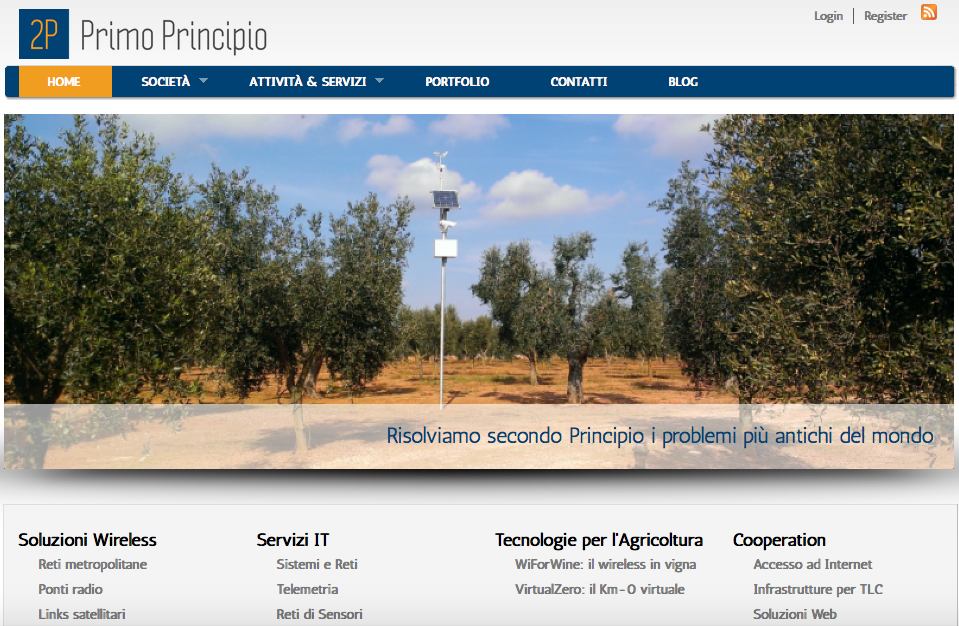
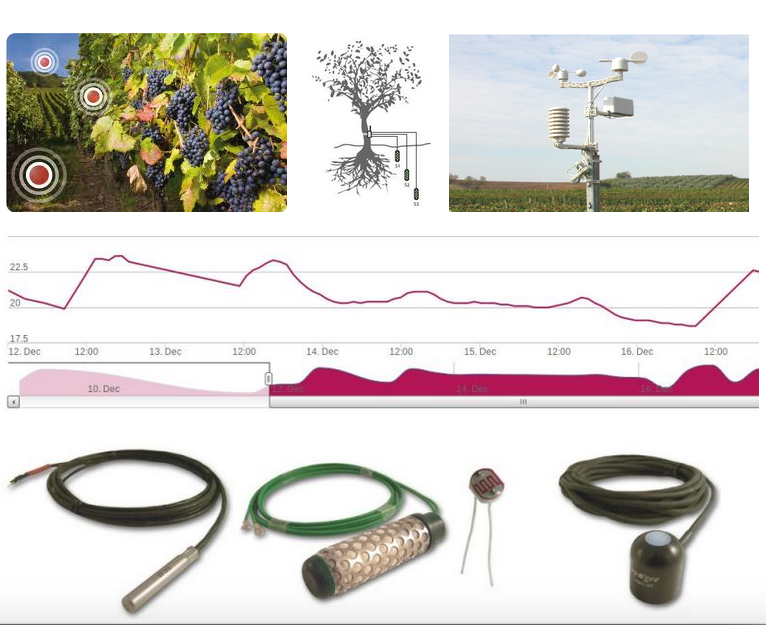 Another example very relevant here is in « bio building« . It is about building houses in a totally sustainable way. For example, with paintings produced with goats’ milk. This is not digital per se, but digital helps such companies create their network of suppliers. Daniela Ducato, a Sardinian entrepreneur, has contacted and built a network of 70 partners all over Italy, who all provide such sustainable offers and services, from such painting to heat produced with goats’ wool, etc. Digital allows the building of such a network because a single company cannot do all that alone.
Another example very relevant here is in « bio building« . It is about building houses in a totally sustainable way. For example, with paintings produced with goats’ milk. This is not digital per se, but digital helps such companies create their network of suppliers. Daniela Ducato, a Sardinian entrepreneur, has contacted and built a network of 70 partners all over Italy, who all provide such sustainable offers and services, from such painting to heat produced with goats’ wool, etc. Digital allows the building of such a network because a single company cannot do all that alone.
YO: It seemed to me that you had also some initiatives taking place around « open data », some villages starting to share their data, can you elaborate on that?
MM: There is a village named Sedilo, in the center of Sardinia, that has already communicated all its data to the Italian public administration.
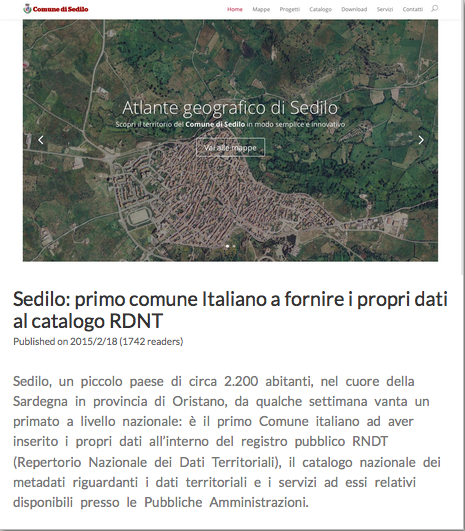
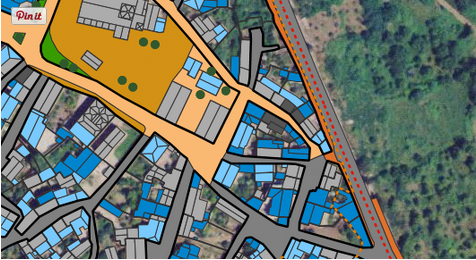 YO: In what purpose? What do they plan to do with these data?
YO: In what purpose? What do they plan to do with these data?
MM: When you have all the data from a given village, and then from another village, and then from all villages / cities in Italy, you can identify the problems encountered here and there, what issues need to be resolved here and there, and you have a central monitoring of all these data to help solve these problems and initiate projects.
YO: Are there other industries where digital innovation is happening and that you can illustrate with examples?
MM: Yes, something very important here is Robotics, in surgery. There is a hospital named Brotzu where they are doing surgery with robots.
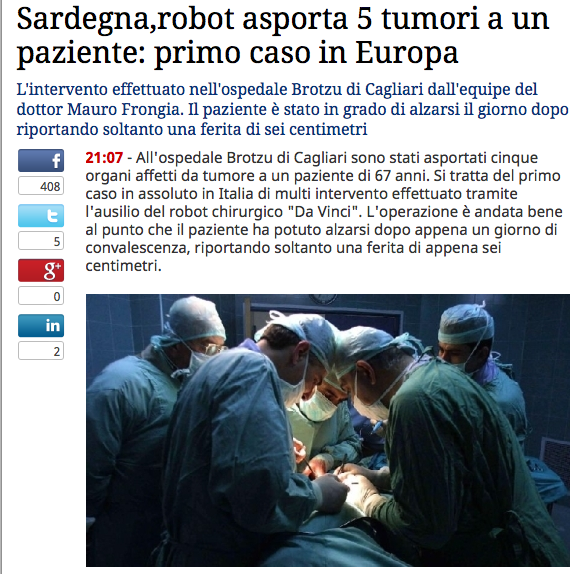 The health sector at large is concerned, with robotics, telemedecine; there is another hospital that has started experimenting telemedicine because lots of people don’t need to go everyday to hospital for checking purposes only
The health sector at large is concerned, with robotics, telemedecine; there is another hospital that has started experimenting telemedicine because lots of people don’t need to go everyday to hospital for checking purposes only
YO: I also noticed there are lots of Fab Labs that have opened recently in Sardinia, and that’s a very strong trend in Italy, can you give us a few words on that?
MM: There is a Fab Lab in Sardegna Ricerche, the Technology Park of Sardinia,
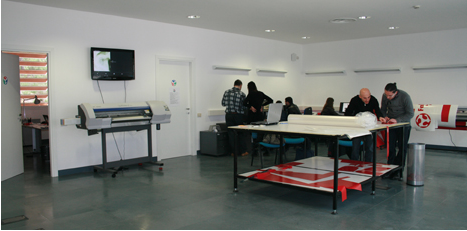 and there is a Maker Lab in Nuoro starting nowadays;
and there is a Maker Lab in Nuoro starting nowadays;
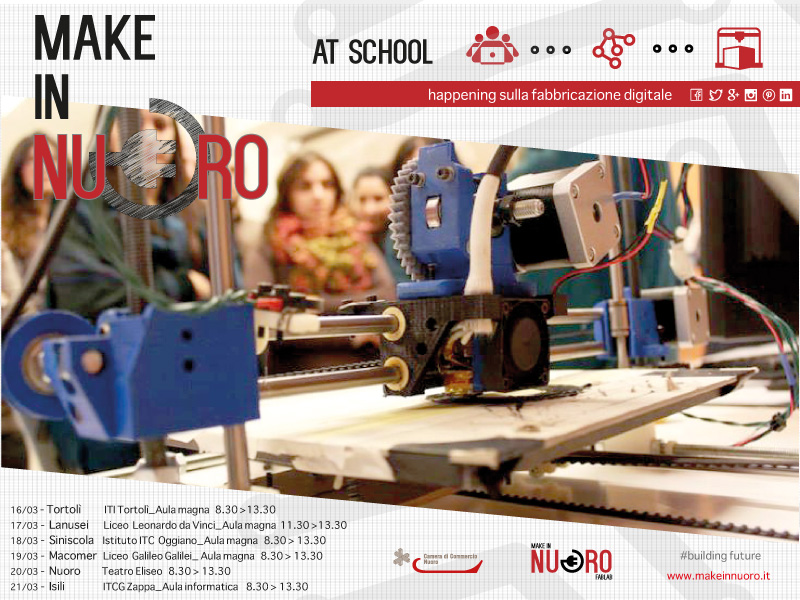 because the center of Sardinia hosts many craftsmen, and makers together with craftsmen can get on well together. Old craftsmen can be put off by technology, but their sons can follow suit whilst integrating technology, and this is what is happening now in Sardinia. Craftwork was successful here before the 70s, but then the development of industries and other services hurt craftsmen. Nowadays their sons can continue the family tradition with the help of technology.
because the center of Sardinia hosts many craftsmen, and makers together with craftsmen can get on well together. Old craftsmen can be put off by technology, but their sons can follow suit whilst integrating technology, and this is what is happening now in Sardinia. Craftwork was successful here before the 70s, but then the development of industries and other services hurt craftsmen. Nowadays their sons can continue the family tradition with the help of technology.
YO: Are all these initiatives public, or private, who are the players, who is initiating what?
MM: There are a lot of public projects financed by the European community, but there are also a lot of associations in the areas of social development or social innovation, they are doing a great work, because a lot of projects don’t have large European funds but I find a lot of people managing to achieve ambitions projects without much funds, and this is frugal innovation: ambitious projects with a great impact on people’s lives without much financing.
YO: Are Sardinian companies investing in digital innovation or is it more driven by associations or youngsters?
MM: There are a lot of associations but also a lot of start-ups, and this is a recent phenomenon, for around 2 years now. A lot of young people who have travelled a lot and come back to create a start-up.
YO: Are they organised? Is there an organised movement, or a label, like the French Tech in France for example?
MM: Yes there is a network of start-ups, because Sardinia is small so you can get to know everybody easily. There is Sardegna 2050 for example who has worked a lot to create a network of start-ups and of the initiatives taking place. There is Sardegna Ricerche, the Technology Park, where there are lots of start-ups.
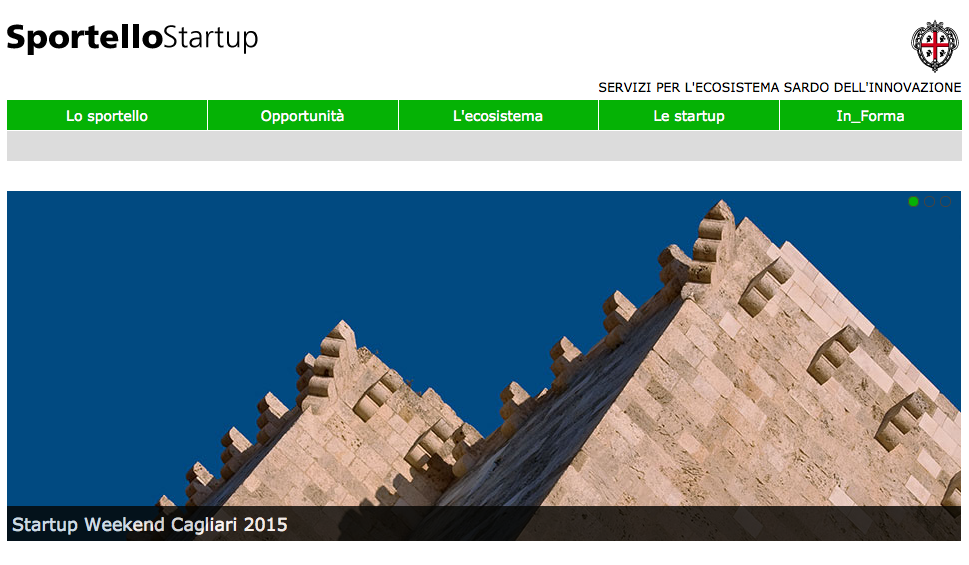 Also in Alghero, there is Porto Conte Ricerche, another technology park hosting many start-ups, CRS4, the research center with a lot of very technologically oriented start-ups.
Also in Alghero, there is Porto Conte Ricerche, another technology park hosting many start-ups, CRS4, the research center with a lot of very technologically oriented start-ups.
YO: 2 or 3 weeks ago, I noticed there was an innovation event here…
MM: Ah Sinnova. Sinnova is the innovation event, where all start-ups meet. It is organised by Sardegna Ricerche. I was there last year, it’s very interesting because you can find all the innovation ecosystem of Sardinia there.
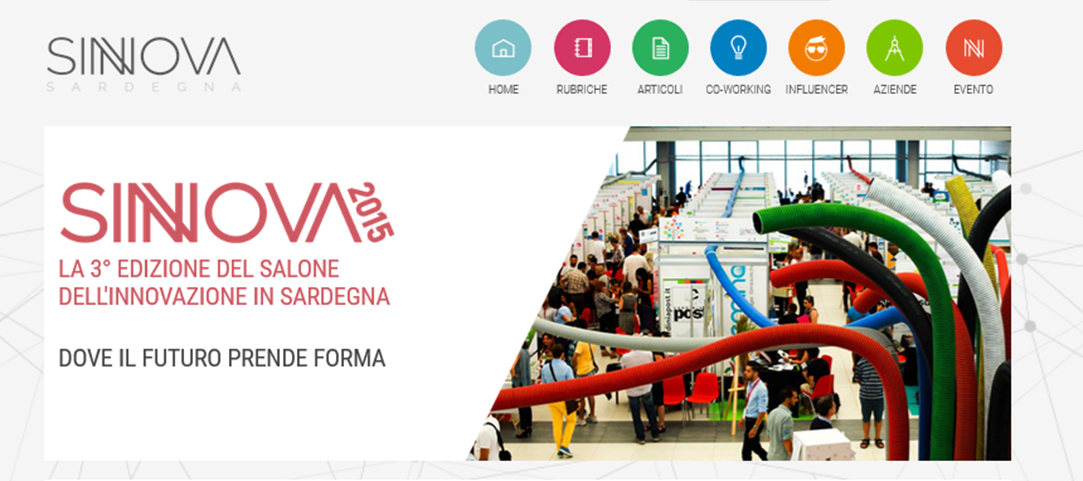 YO: Compared to the rest of Italy, is Sardinia specific when it comes to digital innovation, or not?
YO: Compared to the rest of Italy, is Sardinia specific when it comes to digital innovation, or not?
MM: I have observed a lot of connections between Sardinian start-ups and the South of Italy. With the North of Italy, it’s a bit different. Because the South and Sardinia share the same touristic stakes where eating well is also very important. Technological innovation is related to that: smart tourism, smart mobility / transport, agrifood, etc.
I was in Bari last year, I worked a lot there, and I find a lot of connections and similarities in projects. They are also 2 parts of Italy where tradition is very important, so innovation here can support tradition.
YO: What are, for you, the main challenges in developing digital innovation in Sardinia? Is it financing? Is it about motivating people? Is it technology available?
MM: I think difficulties are related to both people and the availability of technology. A lot of persons use technology without really knowing why, or with no specific objective. Others would like to, but don’t have access to it. We have to develop a lot of educational projects to help the elders and the youngers use technology to achieve their aims.
YO: Last question, a bit more personal: what frustrates you most today in your activity, and how would you like to solve this issue?
MM: It’s a difficult question. I don’t know if my mission of getting to live in a « cleaner » world is possible; this frustrates me a little, because I work for it, and I’m frustrated when I meet people who are not sensitive to it, to environment.
YO : Thank you Monica!

